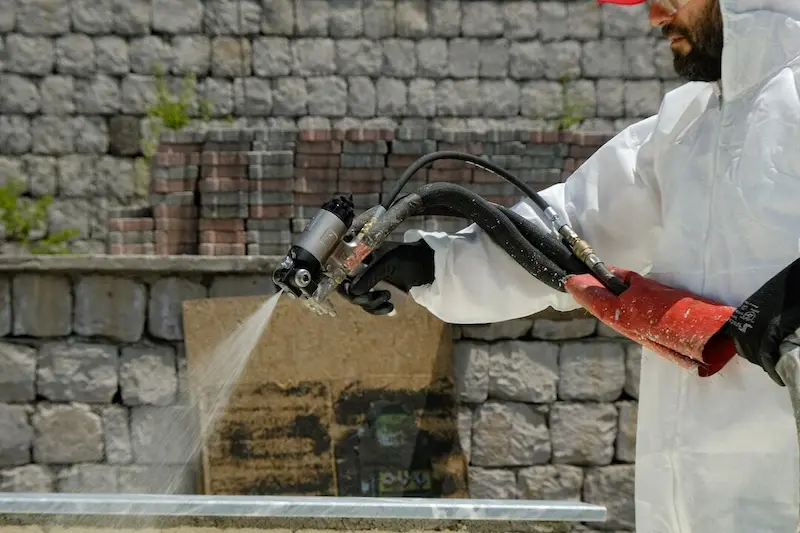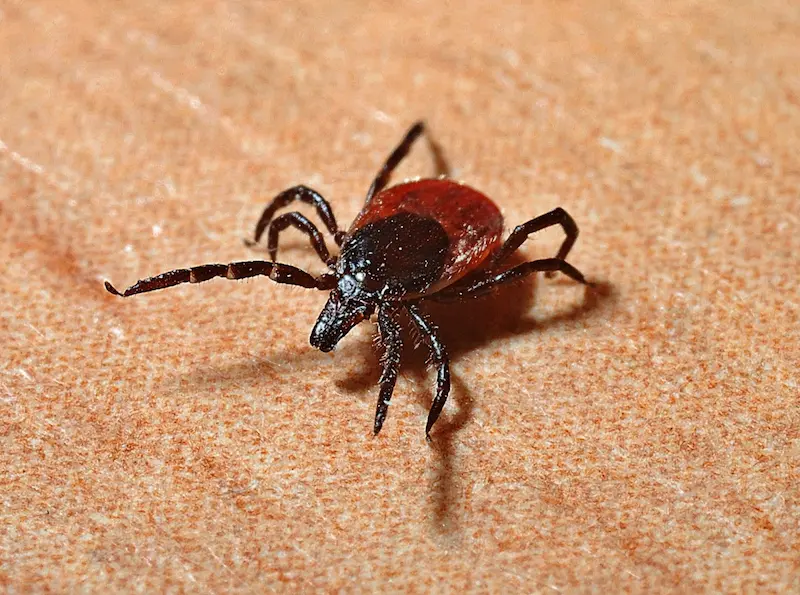Table of Contents
When furry friends enter our lives, they bring joy and companionship but can also introduce uninvited guests – fleas. These tiny pests can cause significant discomfort to pets and humans alike. They flourish in environments where pets roam, making it essential to adopt effective strategies for flea control. Addressing fleas at their source is crucial for pet owners, and understanding how to treat them effectively is key to getting rid of them for good.
Understanding the Flea Life Cycle
Fleas go through four life stages: egg, larva, pupa, and adult, each contributing to their persistence. Recognizing this cycle is essential for effective flea management. An adult flea can lay up to 50 eggs daily, quickly leading to an infestation if not promptly addressed. Flea eggs can easily fall off pets and infest carpets, furniture, and other areas, creating ideal conditions for the fleas to breed.
To tackle fleas effectively, it’s essential to disrupt this cycle. Regular cleaning and vacuuming are essential for removing flea eggs and larvae, helping to prevent further infestations. Appropriate treatments on your pets can help manage adult fleas, but ensuring that you target all life stages is critical for long-term success.
Signs of an Infestation

Early detection of a flea infestation is important to avoid future discomfort and complications. Common signs include excessive scratching, biting, or licking from pets and flea dirt, which resembles tiny black specks. If the infestation is severe, adult fleas are often visible on pets or at home. Monitoring your pets regularly can help catch any problems early on.
If you suspect a flea infestation, it’s best to act quickly. The sooner you identify and address the issue, the easier it will be to control it. Consulting professional Complete Flea Removal Services can also help ensure thorough treatment and prevention of future infestations. Regular follow-ups and proactive measures can help keep your home flea-free in the long run.
Utilizing the Right Treatment Options
Choosing the right treatment for fleas involves understanding the available options. Over-the-counter products vary in effectiveness, so it’s crucial to select age-appropriate treatments specifically designed for your pet type. Topical treatments, oral medications, and flea collars have advantages; therefore, researching the proper application for your context is vital.
Consulting with a veterinarian can also help you determine the best flea treatment plan. They can provide information on the most up-to-date and effective products, considering your pet’s health and lifestyle. Your vet’s guidance can lead to a targeted flea management strategy that maximizes success.
Environmental Control Measures
Fleas thrive in warm, humid environments, making your home a perfect breeding ground if not managed properly. To combat this, implementing environmental control measures is crucial. Keeping your home clean by washing bedding, vacuuming carpets, and tidying pet areas helps limit flea infestations. Be sure to dispose of the vacuum bag right away to avoid the risk of re-infesting your home with fleas.
Sorting through potential hiding spots is another effective tactic during flea prevention. Fleas can hide in cracks, crevices, and even in the yard. Using environmental treatments like insect growth regulators can disrupt the flea life cycle by targeting larvae in overlooked spots.
Preventative Measures for Pets
Preventing fleas is a proactive approach every pet owner should consider. Regular grooming, including frequent brushing and bathing, can help reduce flea infestations. Additionally, applying preventive flea treatments ensures your pet remains protected from these pests. Regularly checking your pet for signs of fleas can also help catch any issues early before they become a larger problem.
Keeping your pets up-to-date on their vaccinations and vet visits is equally important. A veterinarian can assess your pet’s overall health and recommend an effective flea prevention regimen tailored to their needs, helping thwart future infestations and ensuring your furry friend’s comfort. Maintaining a consistent flea prevention routine will reduce your pet’s risk of spreading fleas to other animals or your home.
Seeking Professional Help
Sometimes, the infestation can be overwhelming, and seeking professional assistance is necessary. Pest control experts understand fleas’ unique behaviors and can provide tailored solutions to eliminate them from your home effectively. Their knowledge of specialist products and methods enables them to manage even the most persistent infestations.
Knowing when to seek professional help is key to managing flea problems. Experts can provide practical solutions tailored to your needs. Working together on a treatment plan makes pest control easier, ensuring your pet stays healthy and comfortable throughout the process. Their experience can also help prevent future infestations, giving you long-term peace of mind.
Addressing fleas at their source is the best way to keep your home pest-free. Identifying the root cause helps prevent future infestations. Regular grooming, cleaning, and preventative treatments can reduce the risk significantly. A solid prevention and treatment plan ensures your home stays comfortable and protects your and your pets’ health.
Want to explore something different? Weird Laws in the United States

